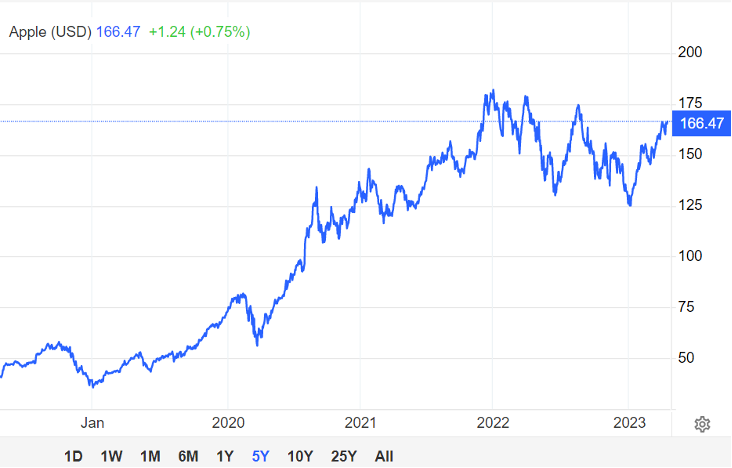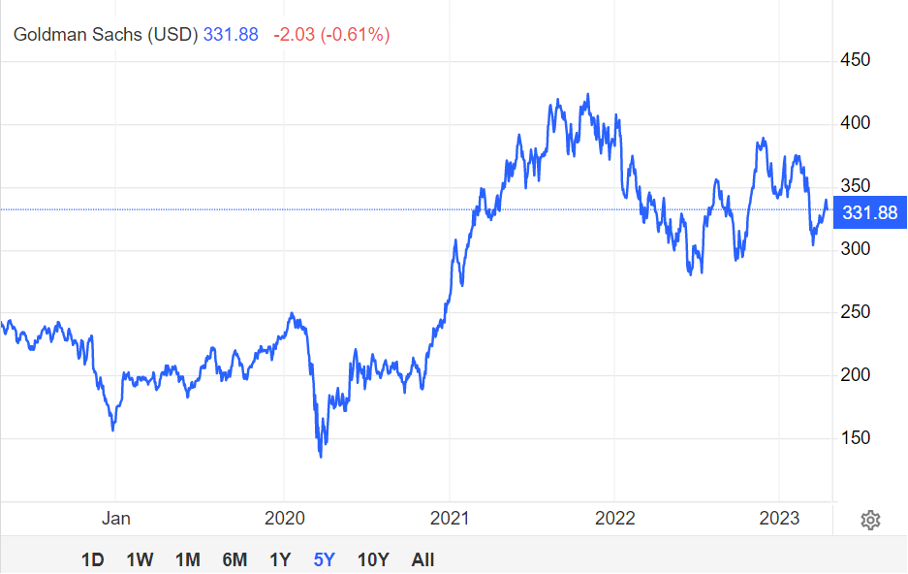La cuenta de ahorro de alta rentabilidad de Apple
Los titulares de la Tarjeta Apple tienen la opción de aumentar sus recompensas Daily Cash abriendo una cuenta de ahorro con Goldman Sachs, que ofrece una tasa anual equivalente (TAE) de alta rentabilidad del 4,15%. Este tipo de interés es más de 10 veces superior a la media nacional y no requiere comisiones, depósitos mínimos ni requisitos de saldo. Los usuarios pueden crear y gestionar fácilmente su cuenta de ahorros desde la tarjeta Apple Card en Wallet. Una vez creada la cuenta de Ahorro, todas las ganancias futuras de Daily Cash se depositarán automáticamente en la cuenta, y los usuarios también pueden depositar fondos adicionales a través de una cuenta bancaria vinculada o saldo de Apple Cash para aumentar aún más sus ahorros. Los usuarios pueden cambiar el destino de su Daily Cash en cualquier momento, y no hay límite en la cantidad de Daily Cash que pueden ganar.
Los usuarios pueden hacer un seguimiento del saldo de su cuenta de Ahorro y de los intereses ganados a lo largo del tiempo a través de un panel de control fácil de usar en Wallet. También pueden retirar fondos en cualquier momento transfiriéndolos a una cuenta bancaria vinculada o a su tarjeta Apple Cash, sin comisiones. La nueva cuenta de ahorros de Goldman Sachs mejora aún más las ventajas de salud financiera que ya ofrece la tarjeta Apple Card, entre las que se incluyen la ausencia de comisiones, Daily Cash en cada compra y herramientas para ayudar a los usuarios a pagar menos intereses. Todo ello manteniendo la privacidad y seguridad que esperan los usuarios de Apple.

Movimiento de las acciones de Apple en los últimos cinco años. (Fuente: Trading Economics) *
Sombreado de Marcus de Goldman Sachs
El consejero delegado de Goldman Sachs, David Solomon, declaró que no le preocupa que la nueva cuenta de ahorro de Apple robe protagonismo a las ofertas Marcus de Goldman, pero que vigila de cerca la posibilidad de canibalización. El martes, un día después de que Apple presentara sus nuevas cuentas de ahorro con una  rentabilidad anual superior al 4%, la firma de Wall Street publicó sus resultados del primer trimestre. Aunque Apple administra las nuevas cuentas a través del iPhone con su marca, Goldman Sachs es su socio financiero. La relación entre Apple y Goldman es única, ya que combina dos marcas icónicas de sectores diferentes y pone de relieve la tendencia de los gigantes tecnológicos a expandirse a los servicios financieros, lo que puede generar competencia. Apple crea funciones para su iPhone y su aplicación Wallet, incluida su tarjeta de crédito Apple Card, mientras que Goldman es el banco que impulsa los servicios financieros de la compañía.
rentabilidad anual superior al 4%, la firma de Wall Street publicó sus resultados del primer trimestre. Aunque Apple administra las nuevas cuentas a través del iPhone con su marca, Goldman Sachs es su socio financiero. La relación entre Apple y Goldman es única, ya que combina dos marcas icónicas de sectores diferentes y pone de relieve la tendencia de los gigantes tecnológicos a expandirse a los servicios financieros, lo que puede generar competencia. Apple crea funciones para su iPhone y su aplicación Wallet, incluida su tarjeta de crédito Apple Card, mientras que Goldman es el banco que impulsa los servicios financieros de la compañía.
Goldman aspira a convertirse en un banco digital importante, lo que podría ponerle a competir con Apple por nuevos clientes. Por ejemplo, Marcus ofrece cuentas de ahorro de alto rendimiento. La división del banco centrada en el consumidor que se encarga de las asociaciones con Apple y Marcus se ha enfrentado a retos como proyectos aplazados, cambios de liderazgo e investigaciones regulatorias. Solomon declaró que Goldman recibiría con agrado los depósitos de la cuenta de ahorro de Apple y los utilizaría para su propia base de clientes.
Movimiento de las acciones de Goldman Sachs en los últimos cinco años. (Fuente: Trading Economics) *
Con todo, parece que esta asociación podría tener beneficios potenciales para ambos si se mantienen alejados del campo del otro. Será interesante ver cómo evoluciona la idea de Apple de crear una cuenta de ahorro de alto rendimiento y qué beneficios o perjuicios puede reportar a sus competidores.